Is the iPhone 14 waterproof?
We may earn a commission if you make a purchase from the links on this page.

Apple unveiled its now-year-old iPhone 14 series back in September 2022, and we got four different models, one of which is a blast from the past: the standard iPhone 14, the iPhone 14 Pro, the all-new iPhone 14 Plus, and the behemoth, the iPhone 14 Pro Max. Even though the iPhone 15 series are now official, the previous generation of iPhones is still a very capable one, and worth getting, especially on a deal.
There is one particular element that occasionally goes unnoticed, and for many people it might be crucial. Many folks are curious whether their new iPhone 14 is waterproof. Today, we'll answer that important question as well as go through water resistance, water protection, IP classifications, and everything else related to the iPhone 14's capacity to endure the elements.
Is the iPhone 14 waterproof?
Technically, it’s not! Waterproof means completely sealed and protected against water. The iPhone 14 series boasts an iP68 rating, which stands for top water and dust resistance but waterproof it is not. All new models in the range feature this IP68 rating, so let’s talk in detail about what it actually means.
What does IP68 mean?
This strange abbreviation stands for "Ingress Protection,” and it’s internationally regulated and standardized (IEC standard 60529). The first digit in this abbreviation shows the protection against solids - dust, grease, sand, etc. The number 6 is the highest possible rating and it stands for “dust tight.”
Water resistant vs waterproof
Here’s the deal - even if your new iPhone 14 can on paper survive under 1.5 meters of water for half an hour, it’s the ideal scenario. Chances are this protection wears over time, especially if you’ve already dropped your phone or damaged the chassis.
In reality, the IP68 rating means that your phone will probably survive an accidental drop in the toilet/pool/river, and it will be pretty safe “dancing in the rain.” You can probably wash your phone with warm water from time to time too.
There are some additional tips to keep your phone safe:
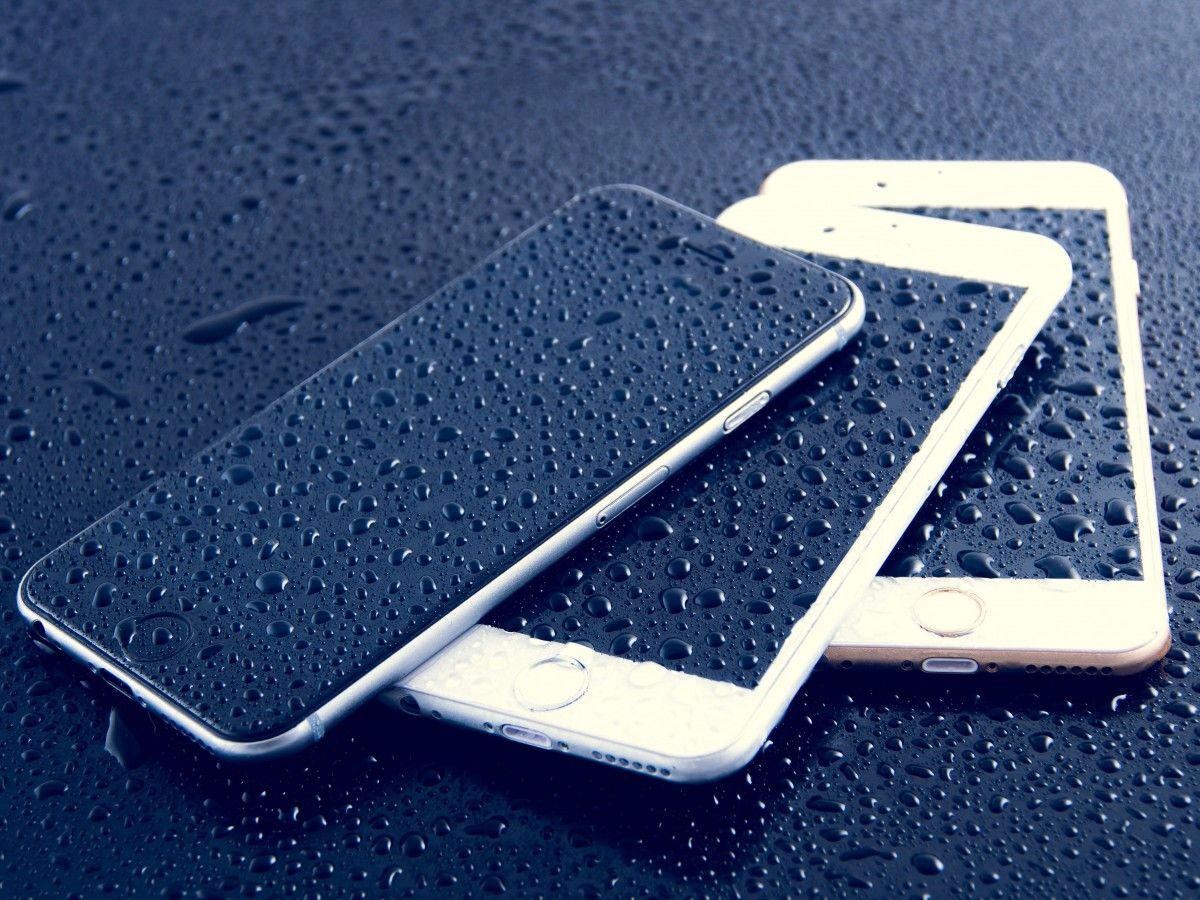
- If your phone becomes wet, make sure to thoroughly dry it using a clean and soft cloth.
- Avoid exposing your phone to salt water or ionized water, as salt water is highly conductive and can quickly cause short-circuits and damage internal components. Additionally, salt can accumulate and block important parts such as the primary microphone, earpiece, or external speaker. In case your phone comes into contact with salt water, rinse it with fresh water and then dry it thoroughly using a clean, soft cloth.
- During the drying process, pay attention to areas like the earpiece (top front of the phone), primary microphone (bottom of the phone), external speaker (bottom of the phone), and the power/accessory (Lightning) interface connector. Pat them gently with a clean, soft cloth to remove as much water as possible. Some phones have a specialized mode that uses specific sound frequencies to expel water from these crevices.
- After your phone gets wet, making a call immediately may result in the microphone containing water, which can reduce the volume heard by the other person. So, after drying the phone, allow it to air-dry completely before making any calls.
- Keep in mind that physical damage, such as chips and cracks, can significantly compromise your phone's ability to resist dust and water.
Follow us on Google News




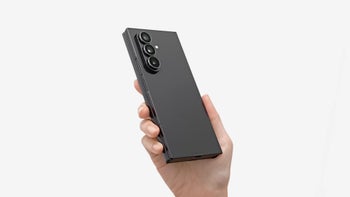
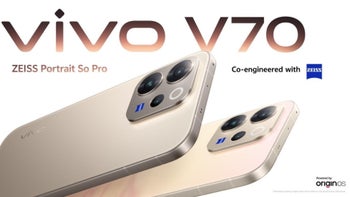



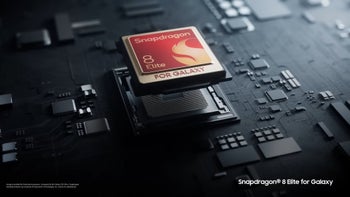


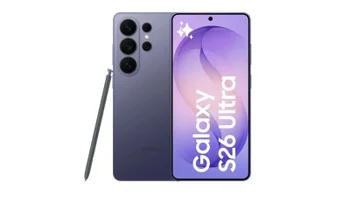
Things that are NOT allowed:
To help keep our community safe and free from spam, we apply temporary limits to newly created accounts: